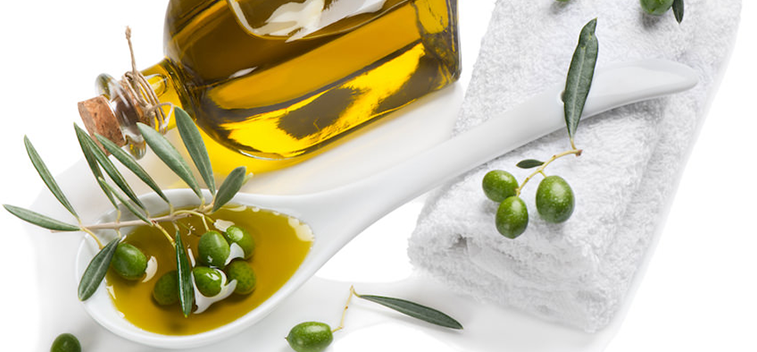 The OleaCare Project, co-financed by the Ministry of Economy, Industry and Competitiveness, within the framework of the Connected Industry Strategy 4.0, promoted by the 2017 Call for Innovative Business Groups, has focused mainly on the biological properties of phenolic compounds and other bioactive components of the olive industry beneficial to our health; and in the technical-economic viability for its incorporation in revolutionary cosmetic and nutricosmetic formulations.
The OleaCare Project, co-financed by the Ministry of Economy, Industry and Competitiveness, within the framework of the Connected Industry Strategy 4.0, promoted by the 2017 Call for Innovative Business Groups, has focused mainly on the biological properties of phenolic compounds and other bioactive components of the olive industry beneficial to our health; and in the technical-economic viability for its incorporation in revolutionary cosmetic and nutricosmetic formulations.
In it, a consortium works with the AEI of the Inoleo Olive Oil Industry, of which Citoliva is part, the AINS Nutrition and Health Cluster, Innovaoleo and the Rovira i Virgili University (URV).
Starting from the study of the current scientific and legal framework applicable to the use of these bioactive compounds in cosmetics and nutricosmetics made by Inoleo and Citoliva, the research has resorted to the chemoinformatic analysis of molecular databases to identify, through virtual simulations, the bioactive compounds of the most promising olive oil value chain for use in cosmetic and nutricosmetic products against aging, inflammation, obesity and diabetes; based on its chemical similarity with other molecules previously described and registered that have the same health properties, with the aim of predicting their biological activity and their bioactivity.
After this bioinformatic analysis carried out by the Rovira i Virgili University, the company Innovaoleo has carried out the obtaining of enriched extracts of these bioactive components identified for its isolation in a high degree of purity and its use as new cosmetic ingredients and 'third generation', with the ultimate goal of conducting a technical-economic feasibility study of these products.
The main results of the study, which will be made public on April 9 at a meeting organized in Barcelona by the Nutrition and Health Cluster AINS, with the collaboration of the Cluster Beauty, have confirmed that some phenolic compounds of the olive value chain show similar or better properties to active ingredients available in the market. In particular, and by way of example, anti-aging properties have been found in some polyphenols of the phenolic acid and flavonoid type.
Carmen Capiscol, responsible for I+D+i of Citoliva, has highlighted the importance of this feasibility study to improve the competitiveness of the olive sector and the associated auxiliary industry, as well as to promote the use of high-value compounds generated by the olive processing industry, “since the number of cosmetics containing olive extracts in the domestic market is very limited. In most of the times in the composition of the product what is included is leaf extract or olive fruit, without specifying percentage in the final composition or specific content in polyphenols or other compounds of these extracts, so it can constitute a niche still with operating margin”, she said.
She also pointed out that this study will help boost the healthy properties of these compounds as an argument for the sale of cosmetics and oral cosmetics, as well as the development of new products with high added value for the consumer from the olive value chain.
SOURCE: olimerca.